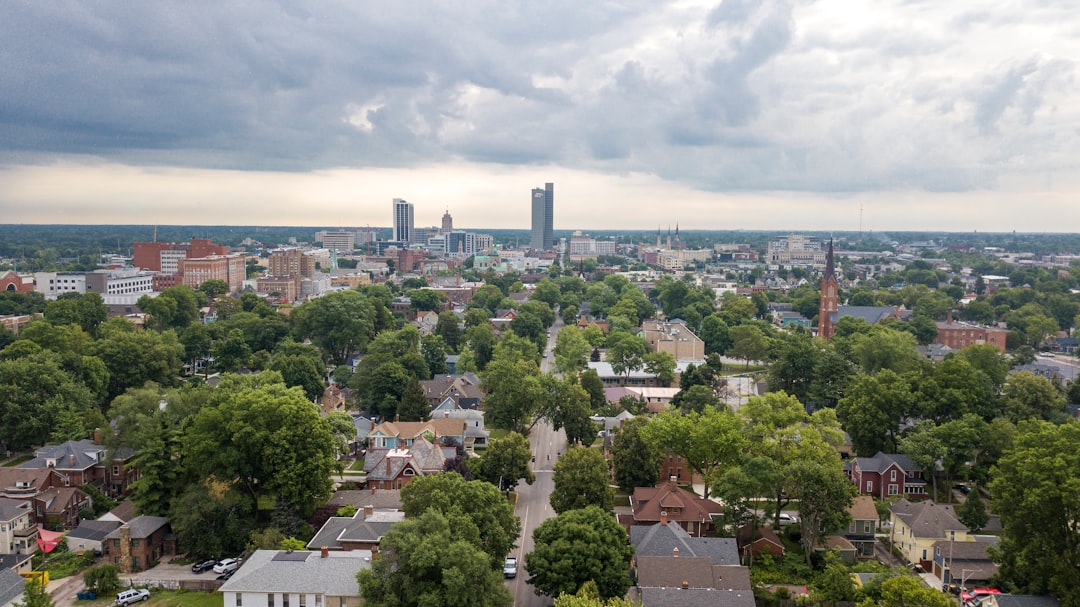The Impact of Indoor Farming on the Local Economy
Every week discover an editorial on a trendy topic in the indoor farming sector.

Good morning readers, Indoor farming addresses a myriad of issues such as food security concerns, transforming food supply chains, and has the potential to have a positive impact on the local economy. Indoor farming can be located in urban areas, bringing fresh produce to communities that may otherwise have limited access to it.
This not only improves access to healthy food for residents but also creates job opportunities in the community. For example, AeroFarms in Pittsylvania County, Virginia, is creating 66 additional new jobs and increasing production of freshly-grown leafy greens as part of a major operational expansion of its new vertical farm.
The expansion of indoor farming can also attract other businesses and investments, further stimulating economic growth. Furthermore, indoor farming can generate revenue for the local government through taxes and fees and stimulate demand for local goods and services. Additionally, indoor farming can also have a positive impact on the local food supply chain by reducing the need for long-distance transportation of produce and providing a stable food source. Indoor farming can also provide an opportunity for community engagement and education through tours and educational programs.
As the world's population continues to grow and urban areas expand, indoor farming is becoming an increasingly important solution for sustainable food production and economic growth…
Keep reading with a 7-day free trial
Subscribe to Indoor Vertical Farming Newsletter® to keep reading this post and get 7 days of free access to the full post archives.



